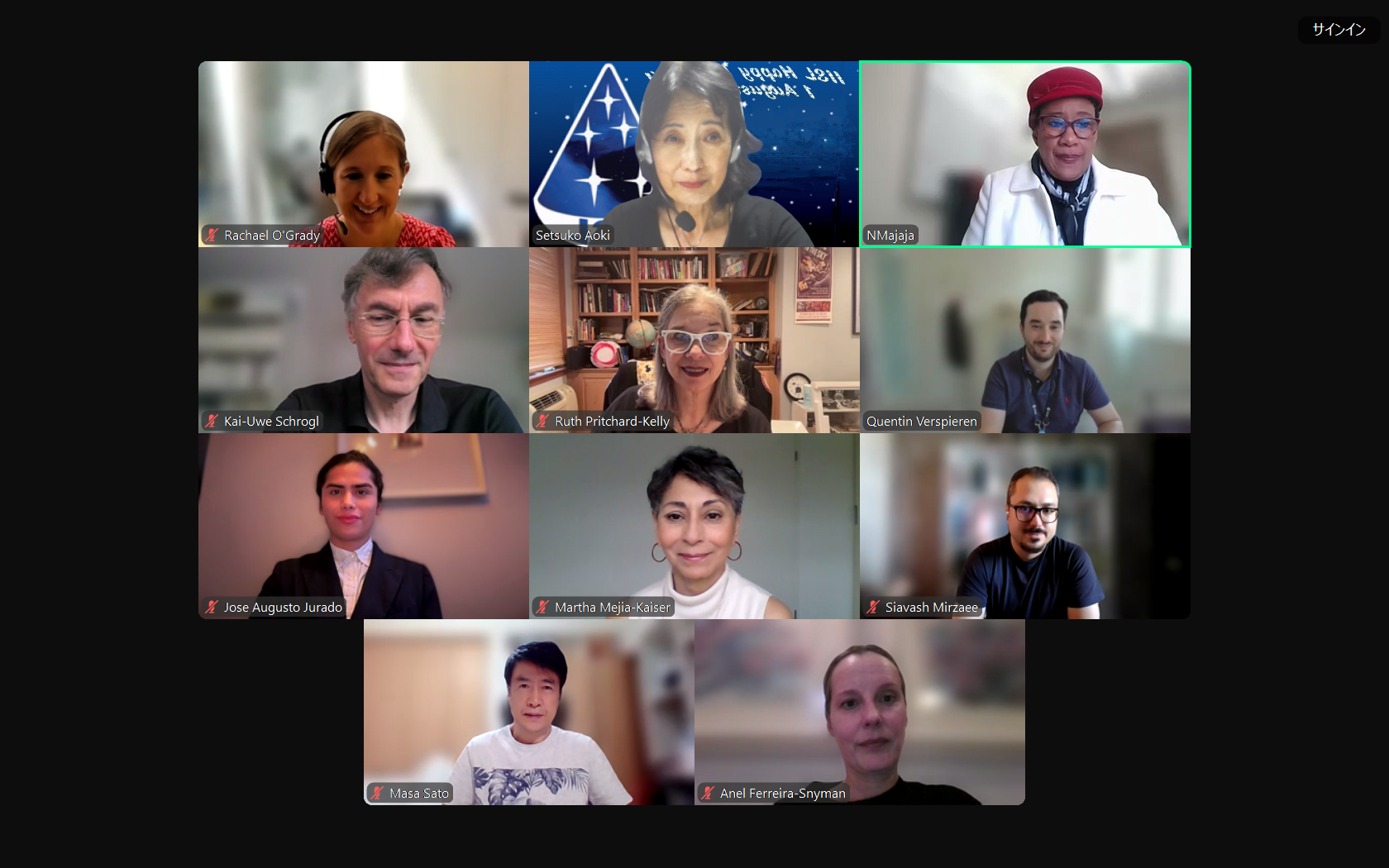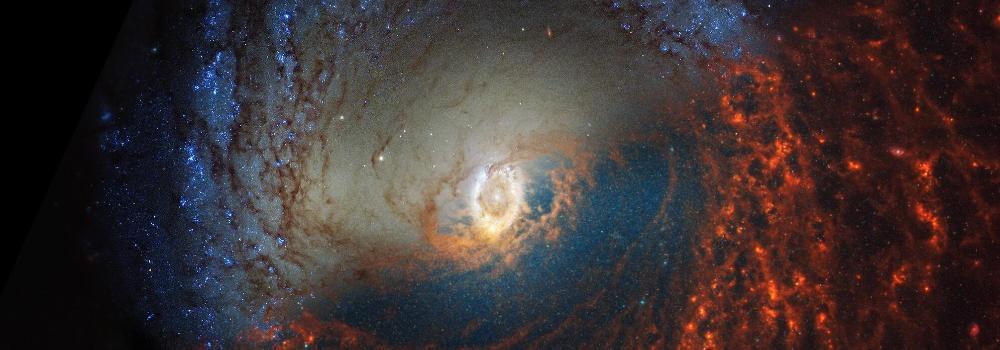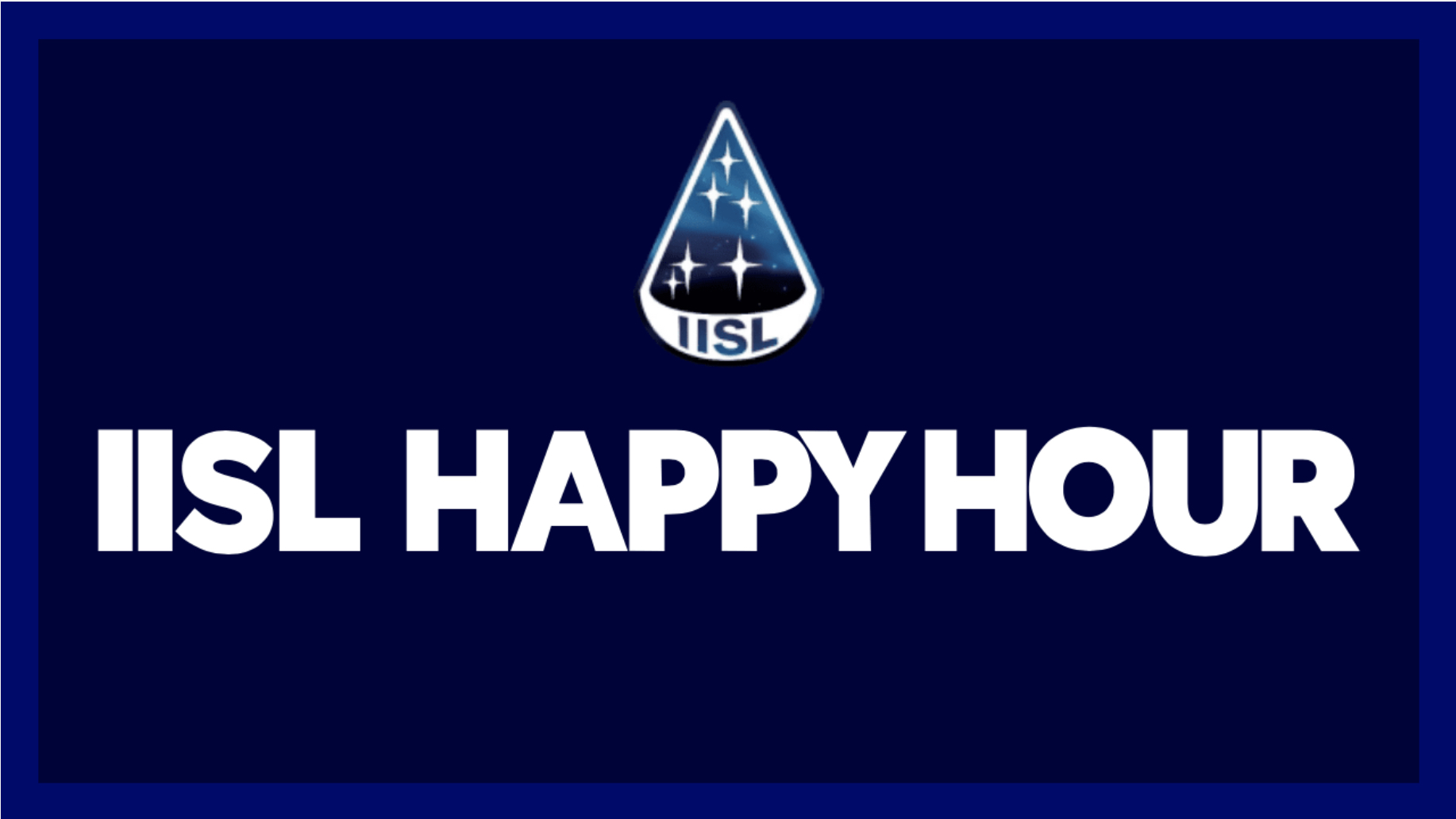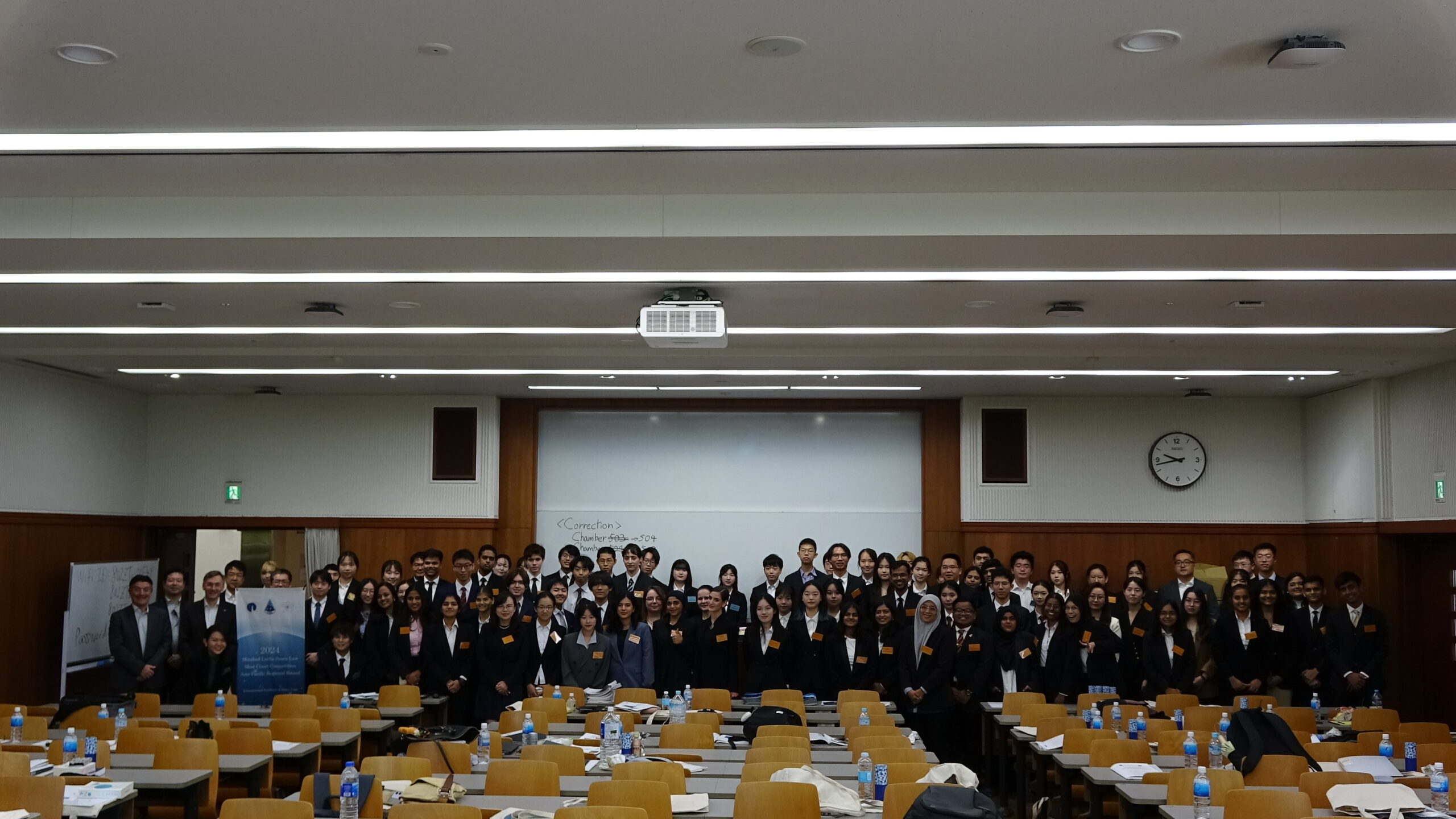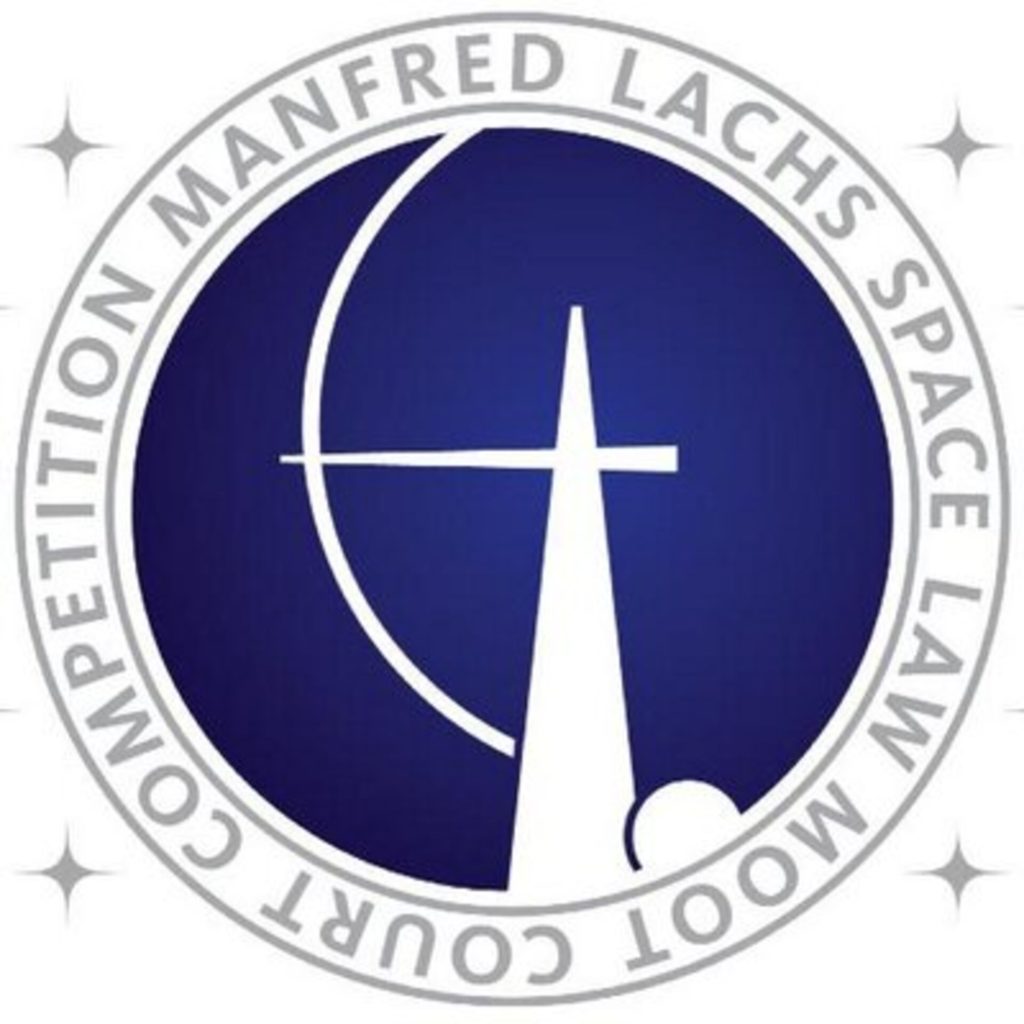IISL Happy Hour #16 held
IISL Happy Hours are events coordinated and co-hosted by IISL Members Setsuko Aoki and Quentin Verspieren. This is a monthly 60-minute program starting with a presentation by an IISL member about a recent project or study, followed by a free discussion session during which all participating IISL members are invited Read more
